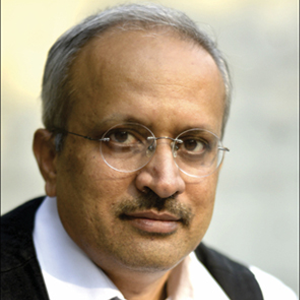
Rajan Rawal
Rajan Rawal is a CRDF Professor at CEPT University and Senior Advisor of “Centre for Advanced Studies in Building Science and Energy” (CARBSE) at CEPT Research and Development Foundation (CRDF). He teaches energy-efficient built habitat, energy modelling, energy policy at the postgraduate level. His work emphasis is on ‘Energy Performance of Human Habitat’ and ‘Architectural and Building Science Edu-cation’. His current focus of the work is on Passive Design Strategies, Net Zero Energy Buildings and Com-munities, Personal Thermal Comfort Systems and Practices of Adaptive Thermal Comfort Models.
Prof Rawal. is the first Indian architect to receive the status of ASHRAE Fellow. He is also IBPSA Fellow and ASHRAE Distinguished Lecturer. Prof Rawal led Indo-US Joint Clean Energy R & D Centre – Building Energy Efficiency Sector, and presently leading one of the projects under Indo-UK project on Energy De-mand Reduction and Mission Innovation challenge on heating and cooling in buildings from India side. He serves on organizing the council of Global Cooling Prize an innovation competition that developed a cli-mate-friendly residential cooling solution that can provide cooling for all without warming the planet. He is an active member of the International Energy Agency’s various EBC Annexes and Chair Education at the International Building Performance Association (IBPSA). He represents India at Mission Innovation IC 7. Prof. Rawal has delivered a Keynote address at international conferences and has been recognised as a spirited speaker He has delivered more than 300 lecture presentations in 29 countries in the last few years.
Prof Rajan Rawal has made remarkable contributions in the field of Heating Ventilation and Air Conditioning (HVAC), occupant thermal comfort and building energy efficiency. His contribution to the development of thermal comfort standards in India based on ASHRAE 55, design and construction of NZEB, development of thermal – optical properties database of building construction, hugely impacted educational pro-grams within university and at the national level, that is unparallel in India. He serves on various executive committees and technical committees at the national and international levels, such as the Bureau of Indian Standards (BIS), Bureau of Energy Efficiency India (BEE), Global Building Performance Network (GBPN) and Alliance for Energy-Efficient Economy (AEEE). He is part of the editorial board of three leading journals and has several research papers, book chapters, and projects to his credit.